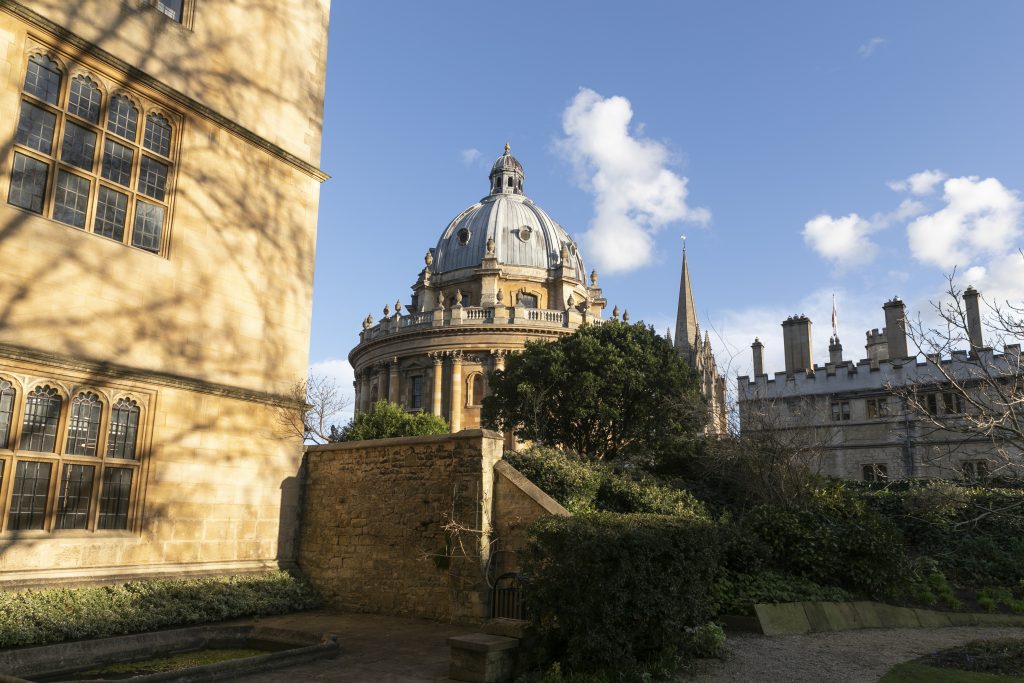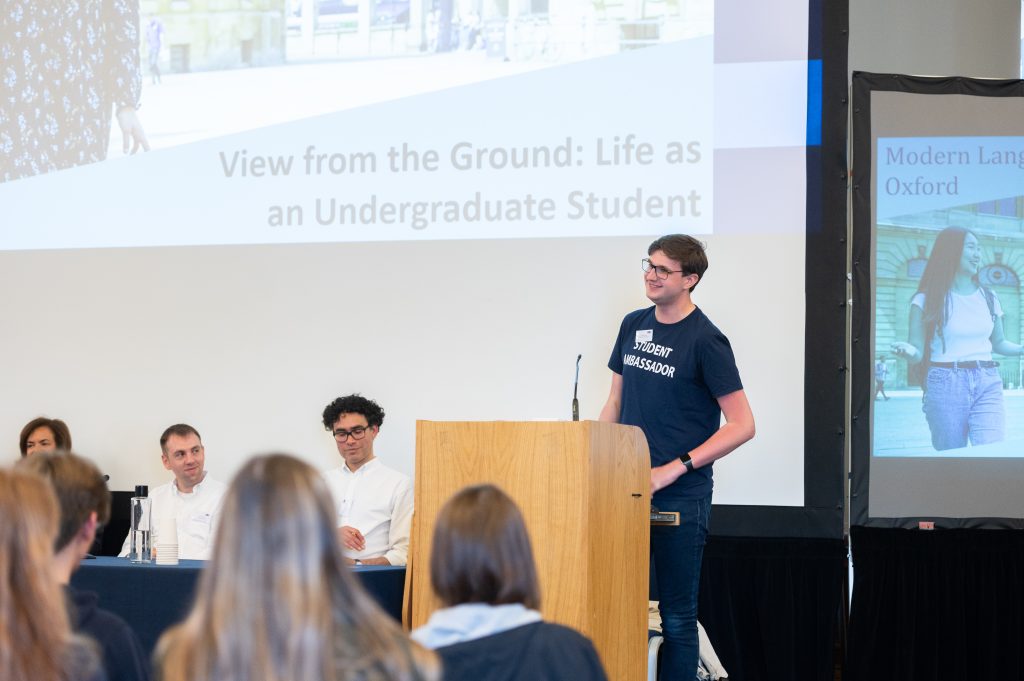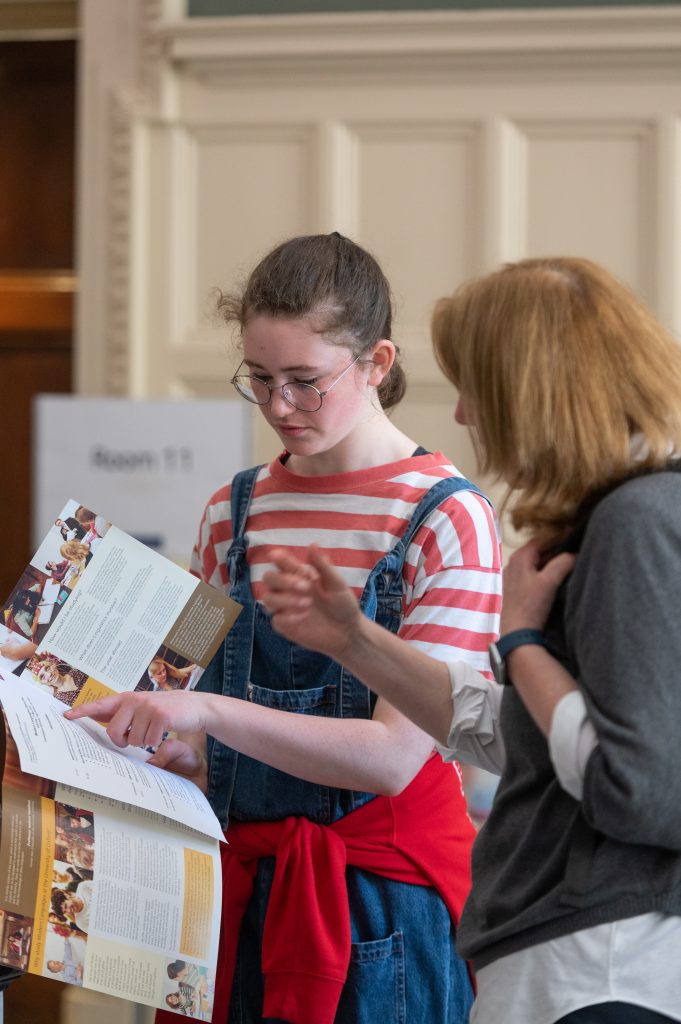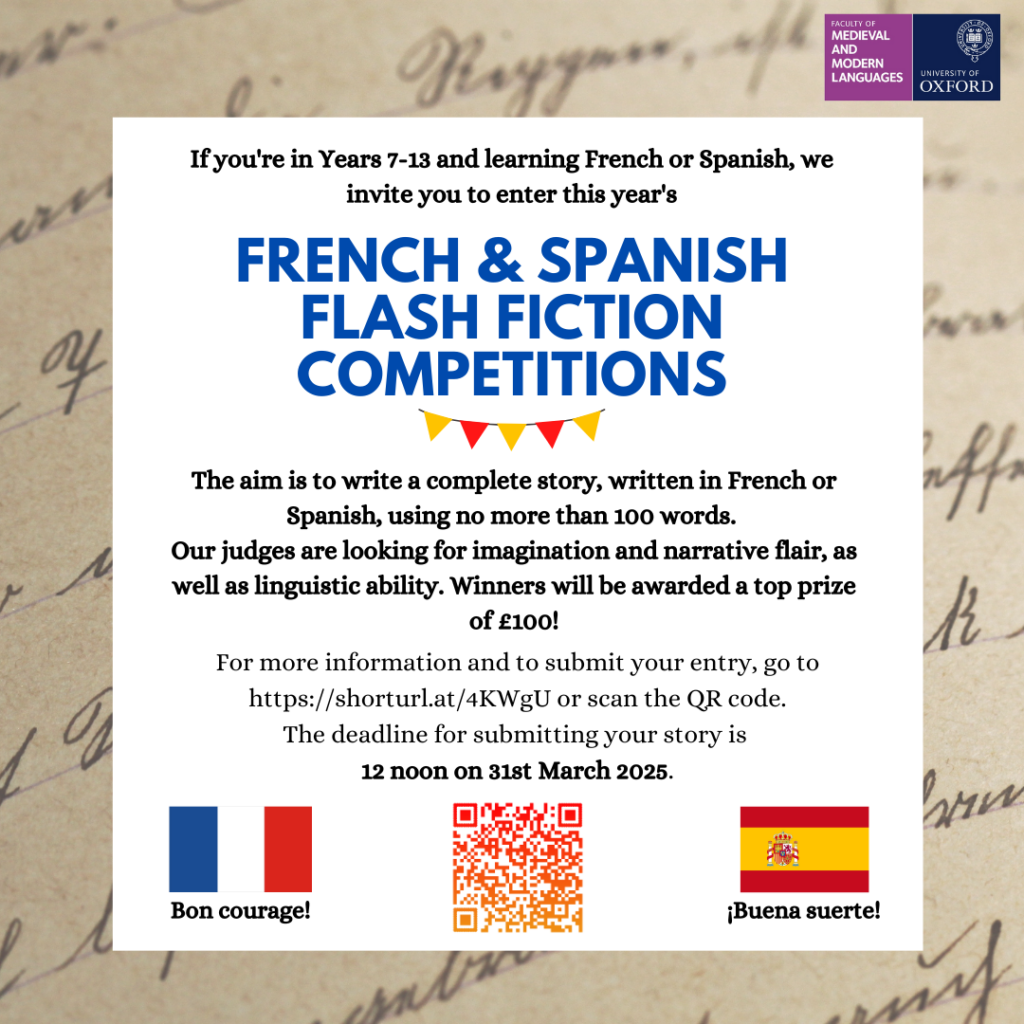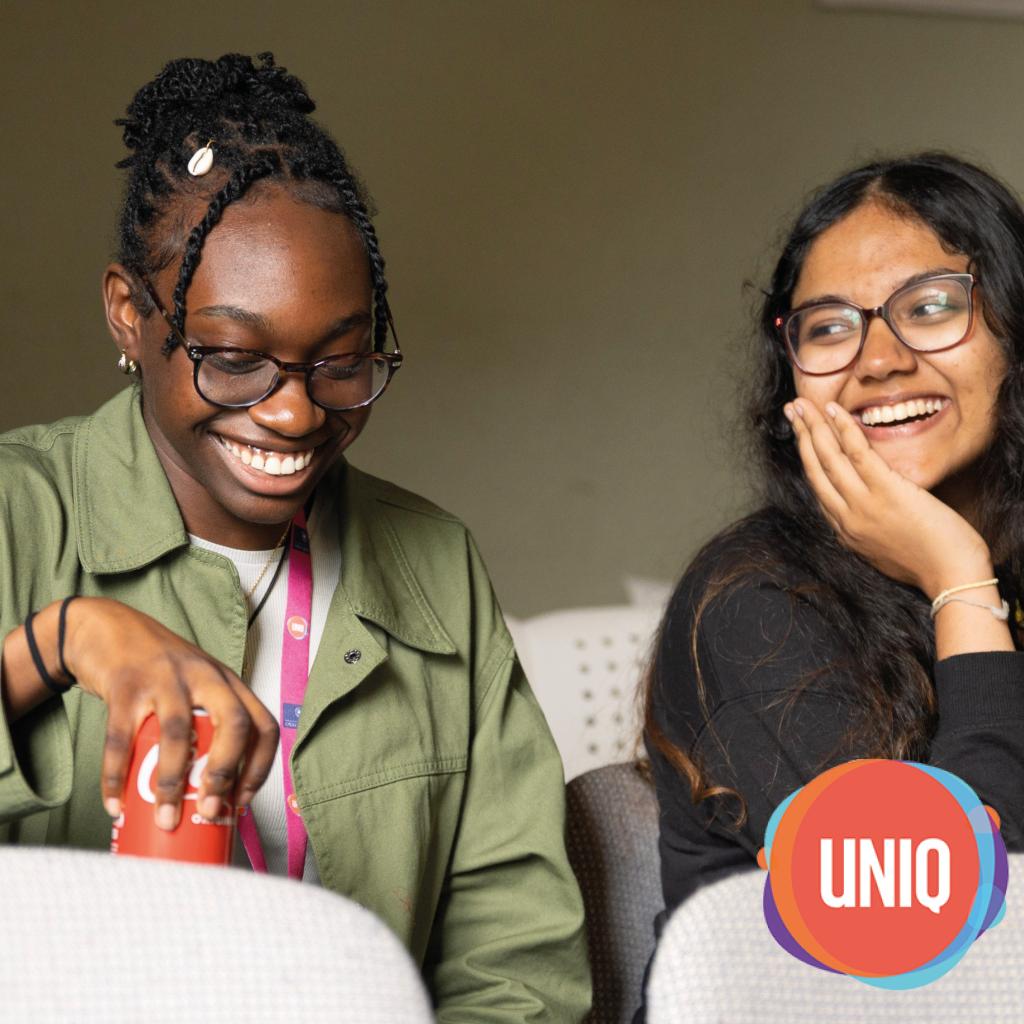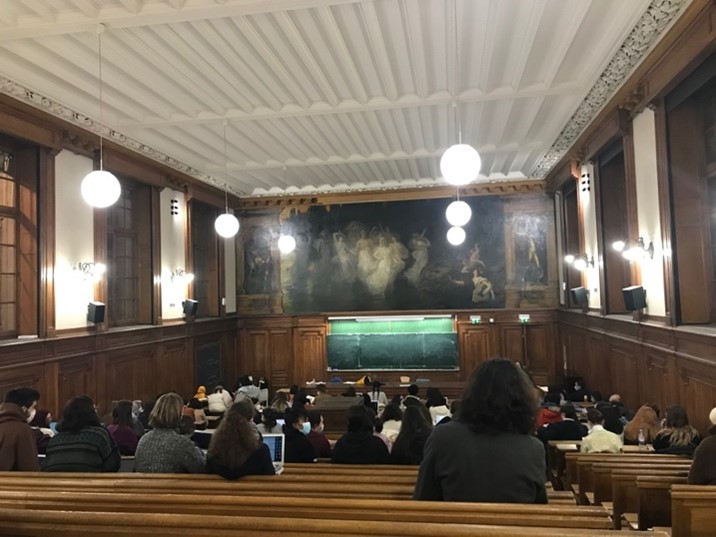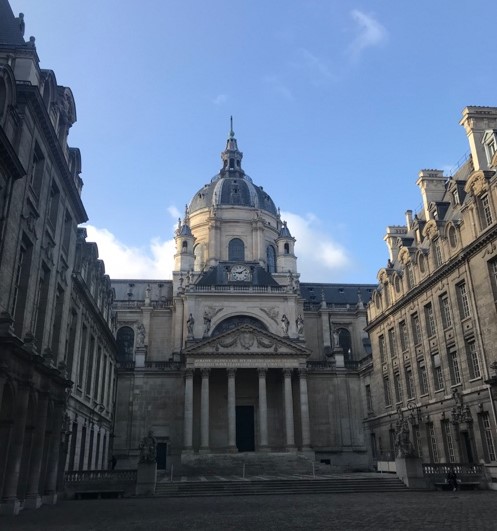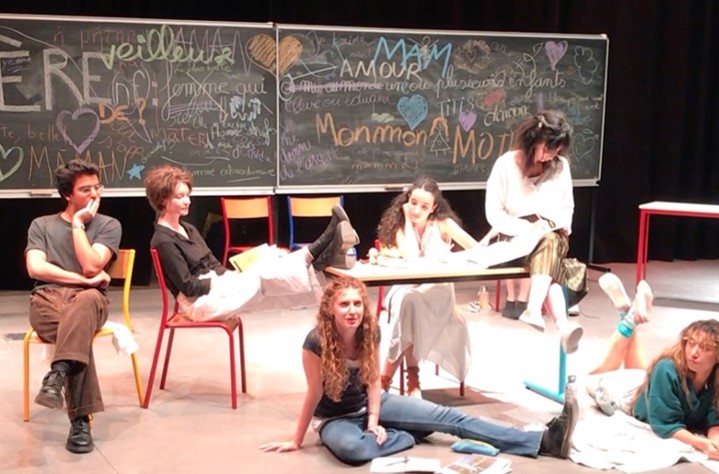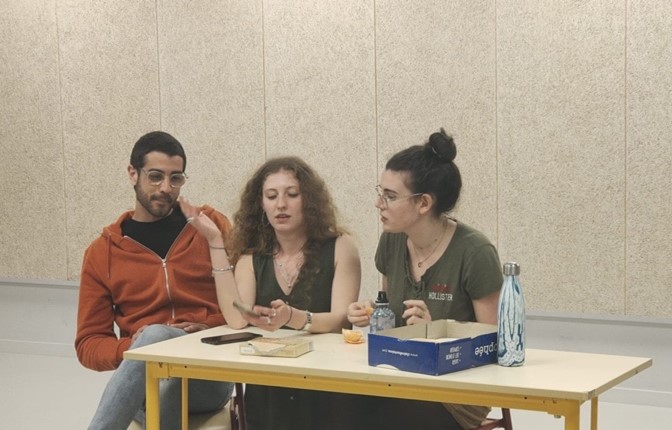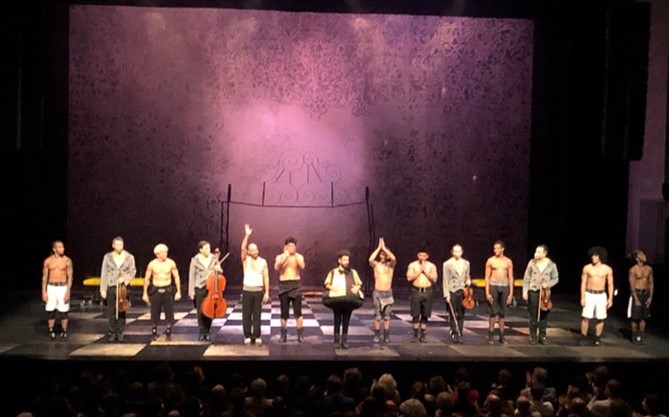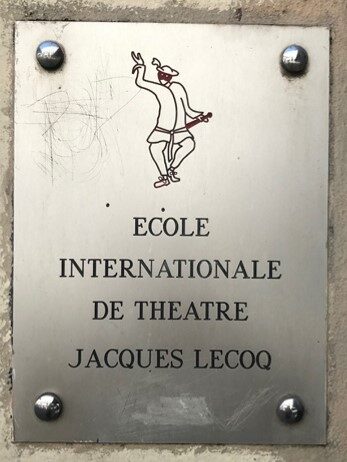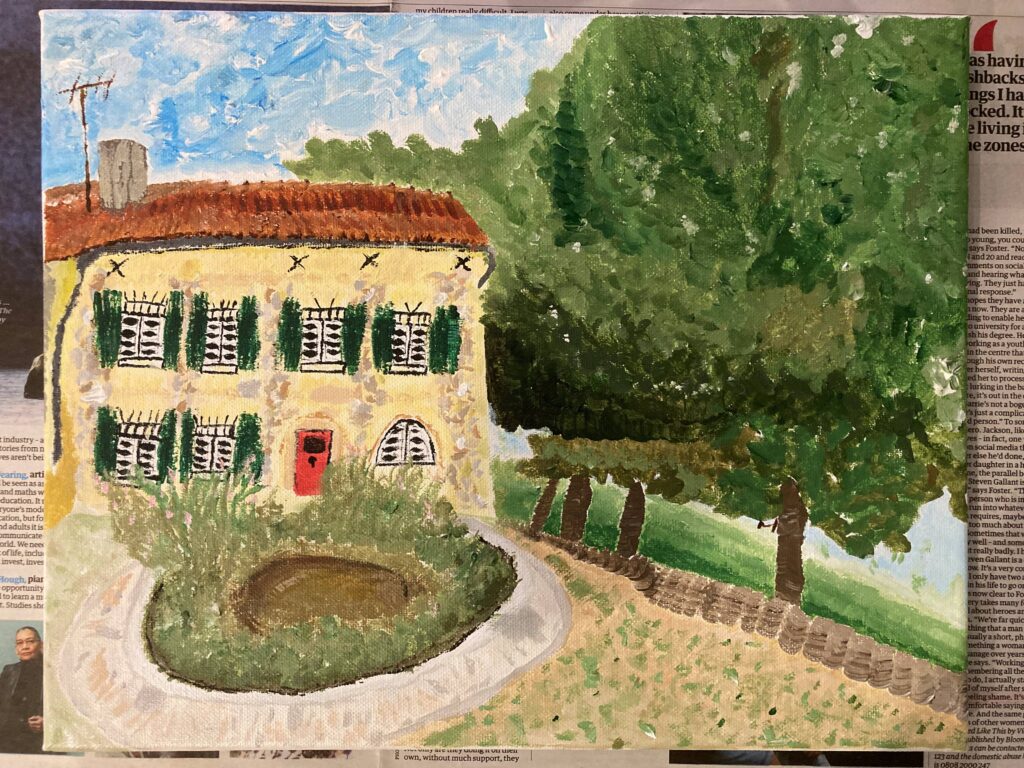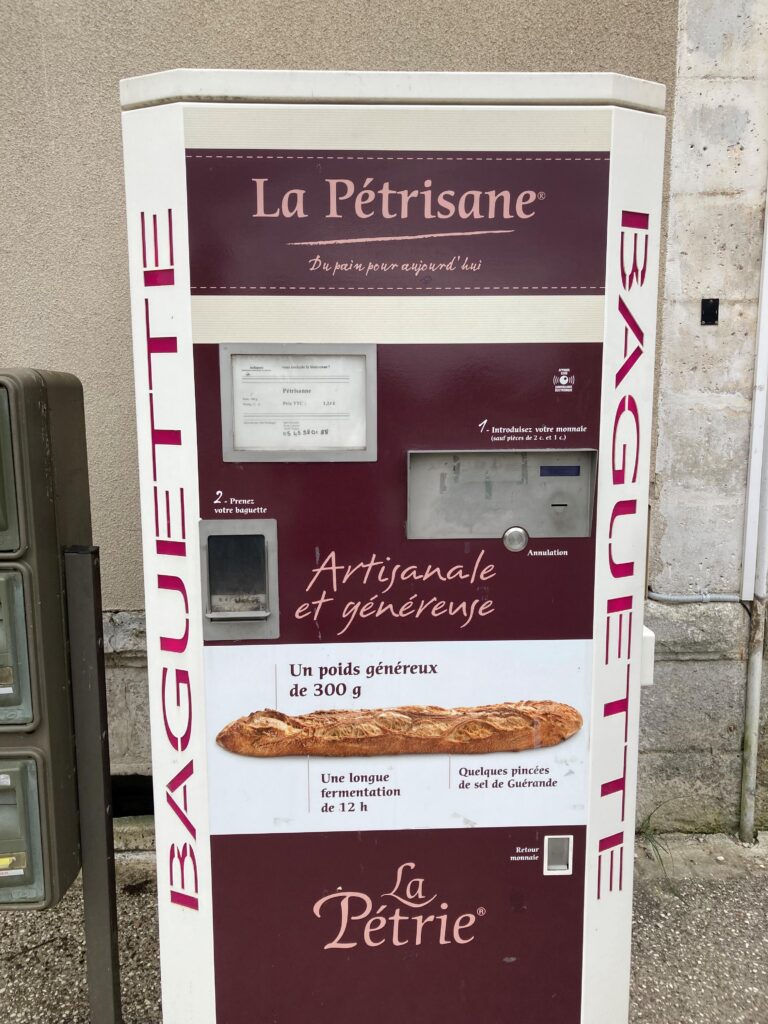On the blog this week, third year student Alice tells us all about the first semester of her Year Abroad…
I’m Alice and I’ve just returned from spending the first part of my year abroad in Lausanne, Switzerland. As a French and Portuguese student, I spend time in both French and Portuguese speaking countries during this year – having spent one semester at the Université de Lausanne, next I am going to do a language course in Lisbon for four months. The year abroad offers quite a bit of flexibility in terms of the activities you choose, and I found studying to be a rewarding experience. Whilst many French year abroad students choose to go to France, I decided to study in Switzerland and I’m very pleased with my decision, despite my nerves before going!
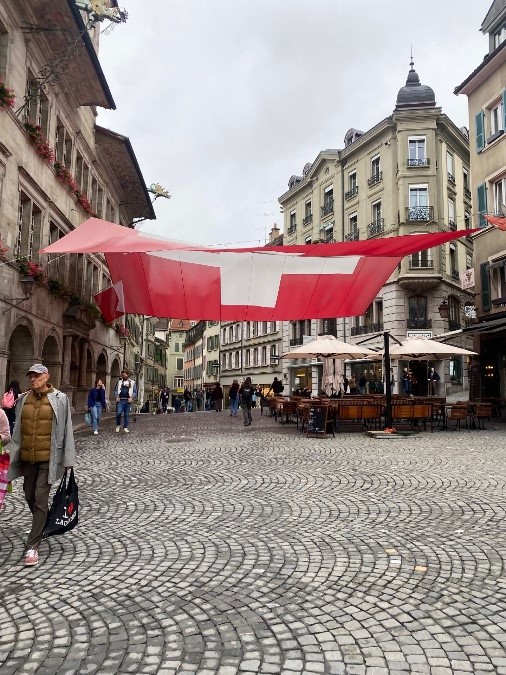
Choosing to go to Switzerland was a tricky decision because I really didn’t know Lausanne as a city, and I knew of only one other Oxford French year abroad student who would be in Switzerland at the same time as me. So I was quite anxious about living abroad in a city without people I know. However, as well as having family connections in German-speaking Switzerland, I also wanted to explore more of a country that I had been to a few times as a child. Also, my decision to study at a university meant that I knew I would be able to meet other young people in classes and lectures.
I really enjoyed exploring different areas of Switzerland and as my family connections are in the German-speaking part of the country, this encouraged me to travel quite a bit during the semester. Although travel and the cost of living are expensive in Switzerland, I managed to find quite a few deals which cut the cost of journeys. I got a ‘Half Fare Travel Card’ that allows you to travel on trains at half price and so I made the most of this offer – I visited my aunt in Rapperswil, as well as Zurich, Montreux and the Jungfraujoch, using the efficient and reliable trains. As the city where I lived and studied for the semester, Lausanne, is quite small, I really enjoyed being able to travel and meet up with the other year abroad student in Geneva. That said, Lausanne itself was a lovely city to live in and felt just the right size for me, as someone who comes from a relatively small place in the UK. As well as having Lac Leman within walking distance from the university campus, I also enjoyed exploring the historic centre of Lausanne. Although it is quite a walkable place, I really appreciated using the metro in such a hilly city and I used it to travel to the university campus too.

Whilst the weekends often gave me the opportunity to explore different parts of Switzerland, during the week I studied at the Université de Lausanne. The first few weeks of classes at this university allow the students to try out all of the different courses, and so I went to a variety of classes in different faculties, before finalising my choices after the first four weeks. This system relieved some pressure as I was able to attend a wide variety of classes without having to remain in them for the whole semester, and it encouraged me to try some classes I might not have gone to otherwise. The majority of the classes I chose were taught within the French as a Foreign Language Faculty as they offered some really interesting courses aimed at international students. For example, some of the classes I took were: ‘Améliorer son écrit en français’, focusing on improving written French specifically; ‘Histoire du français’, a class looking at how French has evolved as a language from Latin to modern French; ‘Lire un texte littéraire à tous les niveaux’, where we got to present a book of our choice to the class for discussion; and I also took one cinema option ‘Analyse d’une séquence d’un film’, which I really enjoyed as I had never studied cinema before and I learned how to analyse films using specific terminology.

It was through these classes that I was able to meet new people who I saw on a regular basis which helped me to feel settled into the university quite quickly. One aspect of studying abroad that I appreciated was the ability to experience a different university system. Although it was overwhelming at first, I valued some of the different teaching methods, such as the focus on presentations, debates, and group work; this allowed me to improve my spoken French and engage with the other students. I became good friends with the international students in these classes and I enjoyed attending some of the Erasmus student network events. Although I did find it harder to befriend the Swiss students, I was able to take part in the ‘Tandem programme’ in which you are buddied up with another student in order that you teach each other your mother tongues. I met a Swiss girl wanting to learn English and so we met regularly, becoming friends whilst practicing our oral skills. It was a great way for us both to improve our oral skills because during our meetups we split the time in half so we could practice both French and English.
Overall, I had a lovely time studying in Lausanne and I’m glad I decided to explore Switzerland and a different university system. As well as improving my French, it has made me feel more confident about going for the second part of my year abroad to Lisbon, as I want to make the most of my time there and get stuck into different activities offered by the ICLP language course at Lisbon University.

